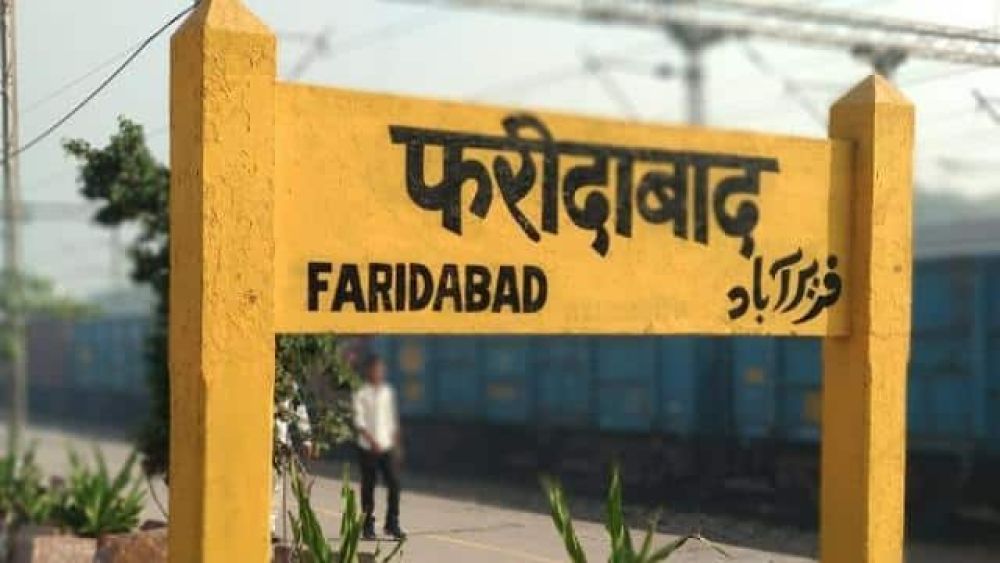

Located in the northern Indian state of Haryana, Faridabad is a city that blends its industrial backbone with a modest, yet significant, historical charm which contributes to its tourism. The history of tourism in Faridabad is not as ancient or extensive as some other parts of India, due to its primary focus on industry; however, there are elements that still attract visitors.
The foundation of Faridabad was laid in 1607 by Shaikh Farid, the treasurer of Jahangir, with the objective of protecting the highway passing through the town. Faridabad didn’t develop as a major tourist destination, but it holds some historical sites that date back to the Mughal era, which draw history buffs and cultural tourists.
After Indian independence in 1947, Faridabad witnessed a significant demographic change with the influx of refugees from the Partition. The establishment of manufacturing industries in the second half of the 20th century led to urbanization and economic growth, laying the groundwork for the development of infrastructure that could eventually support tourism.
In recent years, Faridabad has seen modest growth in tourism. Sites like the Raja Nahar Singh Palace in Ballabgarh and the Surajkund reservoir represent its historical and cultural offerings. Furthermore, the city hosts the famous Surajkund International Crafts Mela every February, which attracts artisans from across India and many international visitors. The mela has been instrumental in placing Faridabad on the tourist map by promoting its rich crafts and cultural heritage.
The latest trend in Faridabad's tourism market revolves around experiential and event-based tourism. Ecotourism is gaining traction with places like the Asola-Bhatti Wildlife Sanctuary becoming more popular among nature enthusiasts. Adventure tourism is also on the rise with the development of adventure and amusement parks, catering to the need for recreational activities.
Furthermore, the proximity of Faridabad to the national capital, New Delhi, has made it a convenient choice for travelers, and its improved connectivity has further encouraged the growth of hospitality and peripheral services.
Going forward, the emphasis on sustainable and community-based tourism is expected to increase. Efforts to preserve heritage sites and promote local culture are likely to continue, which will play a vital role in the evolution of tourism in Faridabad. Initiatives that combine the industrial prowess of the city with its cultural and natural sites could pave the way for a diverse and sustainable tourism portfolio.
The Haryana Government’s initiatives like the development of smart cities and improvement of tourist facilities are indications that tourism in Faridabad is a growing point of interest, and the city may see an evolving tourism landscape in the coming years.